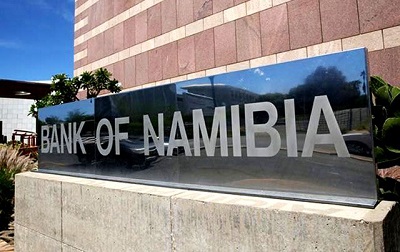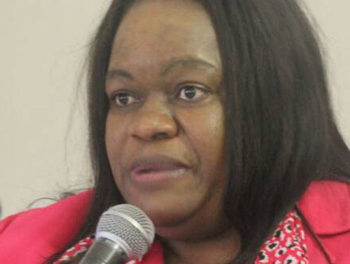
Accreditation for Public Relation Practitioners

(Front row from left to right) The PRISA Namibia Committee consists of Gladwin Groenewaldt (PRISA: Membership); Maria Dax (PRISA: Chair); Ndangi Katoma (PRISA: Chair-Elect); (Middle row from left to right) Josephine Shikongo (PRISA: Secretary); Natasja Beyleveld (PRISA: PRO) and (back) Annemarie Saunderson (PRISA Treasury). Not in the picture is Helene Meintjes (PRISA Additional Member).
“It is impossible to open an accounting firm, a legal firm, an architectural firm, etc. without proper academic qualifications in those fields, while it seems fine to do so in public relations and communication.” said Moeng.
Maria Dax, Chairperson of PRISA Namibia, agrees with Moeng, and says: “PRISA Namibia should work harder at identifying non-member consultants, practitioners and students, who describe themselves as either experts or aspiring experts and engage with them – pointing out the benefits of being part of the recognised professional body and persuading them to join it.”
Beyleveld, PRO of PRISA Namibia stated that “PRISA should demonstrate the importance of membership as an indication of recognition by the industry”.Continuing to say that we must invest in students, since they are the future of the communication industry in Namibia. “There seems to be a gap between what students learn and what is required of them in practice. Most companies in Namibia do not have a well formulated communications strategy, which one would think is the most basic requirement of being able to do your job efficiently. How can a practitioner be expected to deliver competent strategic work, if the wheel has to be re-invented every time a new appointment is made. It’s not true in all cases, but it’s a very real challenge faced by the communications industry.” he said.
A PRISA Chartered Practitioner (CPRP) and Lecturer at University of Johannesburg, Rene Benecke said that employers often question what students are actually learning at varsity and make remarks such as ‘let me show you how the real world works.’ “Entry level practitioners should be equipped to think strategically but also perform basic tasks like writing a media release,” said Dr Amanda Hamilton-Attwell, an Accredited Public Relations Practitioner (APR).
Said Dax, “The training and the qualifications awarded to young people studying in the communication profession have always been a widely debated topic both locally and internationally.” She concluded by saying “PRISA aims to work closely with students aspiring to become excellent communicators in Namibia. We understand you, value you, and want to guide you in making contact with the practice.” She urged students to contact PRISA to become members, as students are registered for free and will benefit from this ‘must have connection’ in their aspiring careers.
Established in 1957, the Public Relations Institute of Southern Africa (PRISA) represents professionals in public relations and communication management throughout the southern African region and has registered practitioners in Botswana, Namibia, Lesotho, Swaziland and South Africa.











































